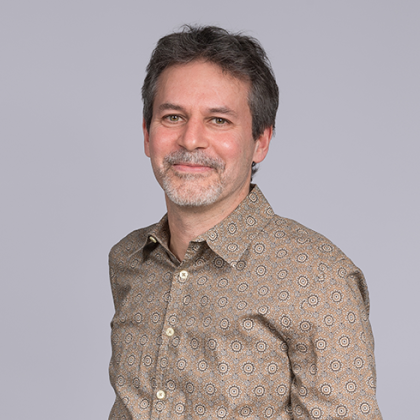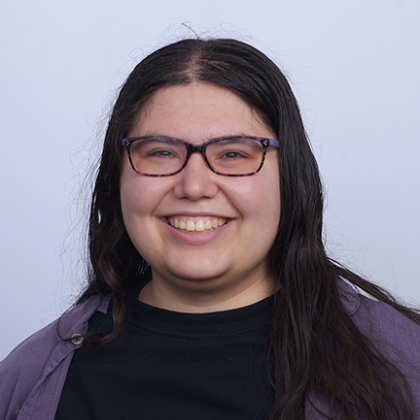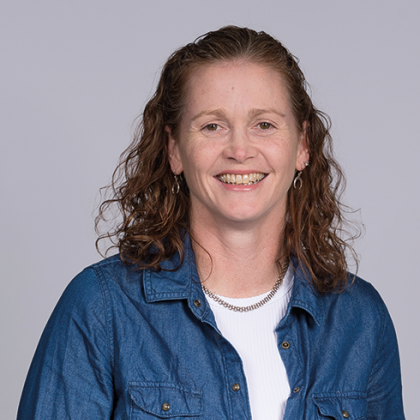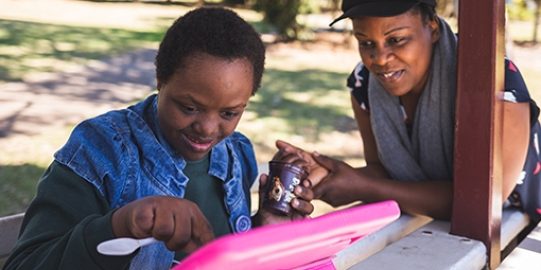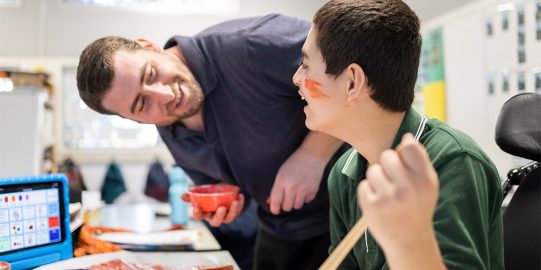Our virtual sessions at ATIA 2026
Let’s look before we leap: a thoughtful approach to AI and AAC
Presenters: Alyssa Hillary Zisk and David Niemeijer
Location: Online
We examine key considerations around the use of ‘artificial intelligence’ in a variety of applications to AAC — ranging from brain computer interfaces and personal voices to large language models. These considerations include authenticity, privacy, availability, accessibility, and barriers to learning — all of which need to be balanced when deciding if and how to use AI tools.
On Time AAC: Developmentally Appropriate Timing and Practices in AAC Access
Presenter: Lily Konyn
Location: Online
Access to AAC for children younger than school age is often considered “early” AAC. This presentation shifts our perspective to understand that providing access to communication at the same time that typical peers are meeting language milestones is not “early”, but “on-time”, and is vital for full communication equity. Attendees will learn how on-time AAC provision requires multimodal AAC use to meet all the purposes of language in infancy and toddlerhood, and how it leverages the partner behaviors of adults interacting with young children to improve language outcomes.
Model Like You Mean It: Rethinking AAC Input for Meaningful Communication
Presenter: Amanda Hartmann
Location: Online
AAC modeling is essential- how we model matters. This workshop invites participants to reflect on current modeling practices and explore more effective, impactful strategies for communication. We’ll move beyond keyword modeling to focus on modeling complete, meaningful messages, and consider the influence of what we speak—or don’t speak—while modeling. Participants will learn how to support comprehension, engagement, and identity through practical modeling strategies. Through examples from everyday settings, participants will leave with a refreshed understanding of what AAC modeling looks like, sounds like, and feels like—so they can model in ways that support language and meaningful communication.
Use It Because It Works: Practical Tools to Increase AAC Use Through Engagement
Presenter: Amanda Hartmann
Location: Online
Do you wish the AAC users you support used their system more? Many SLPs do—but more prompting and compliance-based strategies often miss the mark. In this practical session, we’ll explore how to support AAC use through engagement, connection, and meaningful interaction. This workshop will share strategies that go beyond device access— focusing instead on helping AAC users express their personality and preferences. Participants will dive into practical tools and real-life examples that emphasize language development, self-advocacy, emotional connection, and purposeful communication. You’ll leave with strategies to make AAC something that is not just used—but also valued.

